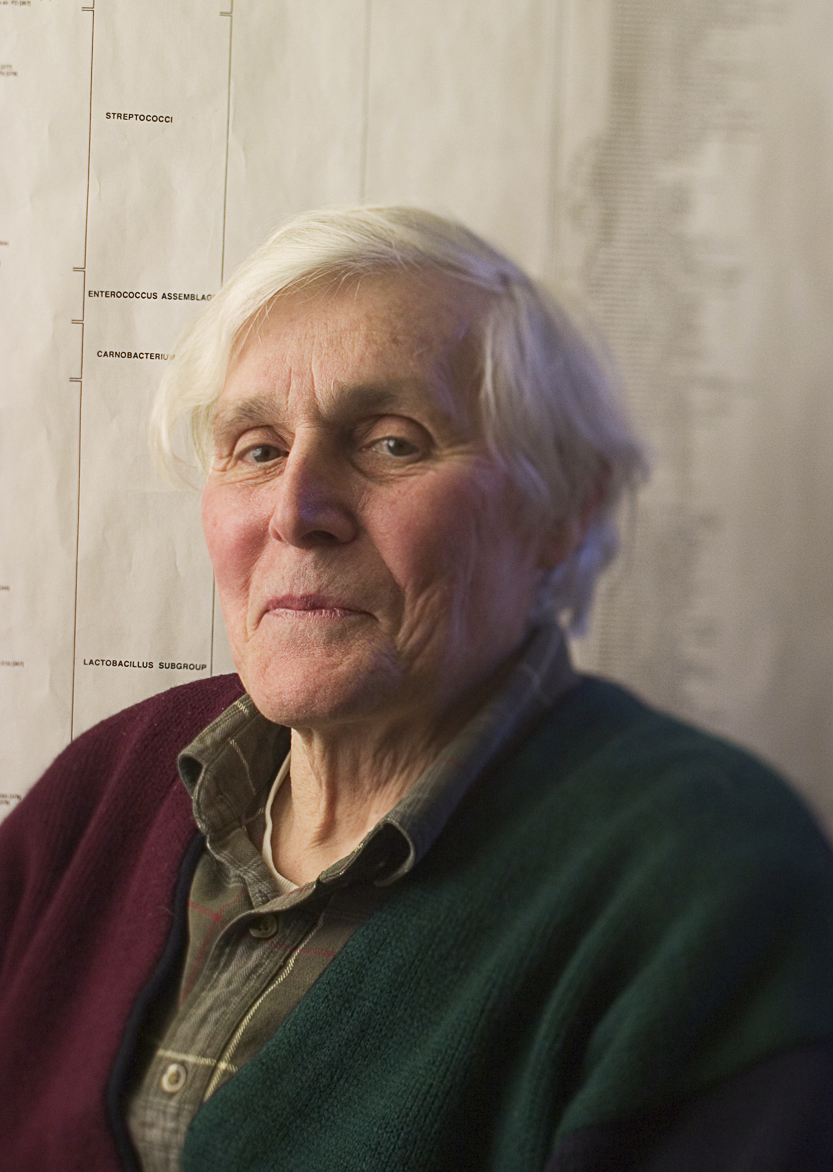Carl Woese: The Revolutionary Scientist Who Redefined Life’s Domains
Carl Richard Woese (1928-2012) was an American microbiologist whose pioneering work fundamentally altered our understanding of the tree of life and the classification of organisms. Born on July 15, 1928, in Syracuse, New York, Woese’s academic journey in the sciences began with a Bachelor’s degree in Mathematics and Physics from Amherst College in 1950, followed by a Ph.D. in Biophysics from Yale University in 1953. His diverse educational background laid the groundwork for his groundbreaking contributions to microbiology and molecular biology.
Woese’s early career included a postdoctoral fellowship at Yale and positions at several research institutions, where he honed his expertise in molecular biology. In 1964, he joined the University of Illinois at Urbana-Champaign, where he spent the remainder of his career. It was here that Woese embarked on the research that would revolutionize our understanding of microbial life.
In the 1970s, Woese focused on the evolutionary relationships among microorganisms, which were poorly understood at the time. He employed ribosomal RNA (rRNA) sequencing as a novel method to study these relationships. Ribosomal RNA is a fundamental component of the cellular machinery in all living organisms, making it an ideal molecule for tracing evolutionary lineage. By analyzing the sequences of rRNA, Woese discovered profound differences between certain groups of microorganisms that were previously classified together.
In 1977, Woese and his colleagues made a groundbreaking discovery: a distinct group of microorganisms, which he named the Archaea, was fundamentally different from the previously known domains of life, Bacteria and Eukarya. This revelation led Woese to propose a new, tripartite classification system, the three-domain system of life, which consists of Bacteria, Archaea, and Eukarya. This new framework redefined the tree of life and provided a deeper understanding of the evolutionary relationships among all living organisms.
Woese’s discovery of the Archaea challenged conventional views and was initially met with skepticism. However, as more evidence accumulated, the scientific community came to recognize the validity and significance of his work. The identification of Archaea not only expanded our knowledge of microbial diversity but also highlighted the complexity and intricacies of evolutionary processes. This discovery has had profound implications for various scientific fields, including evolutionary biology, genetics, and ecology.
Beyond his contributions to microbial taxonomy, Woese’s work had a lasting impact on the study of molecular evolution. His development of molecular phylogenetics, the use of molecular data to reconstruct evolutionary relationships, became a cornerstone of modern evolutionary biology. This approach has enabled scientists to trace the evolutionary history of organisms with greater precision and has facilitated the exploration of the genetic basis of evolutionary change.
Curiously, Woese was known for his unorthodox research methods and his resistance to conforming to traditional scientific norms. His willingness to challenge established ideas and explore unconventional hypotheses exemplified his intellectual courage and innovative spirit.
Carl Woese passed away on December 30, 2012, but his legacy endures through the profound impact of his discoveries on our understanding of life’s diversity and evolution. His work not only redefined microbial classification but also transformed the broader field of biology, influencing how we study and comprehend the complexities of life on Earth.
#CarlWoese #Microbiology #Archaea #ThreeDomainSystem #EvolutionaryBiology #RibosomalRNA #MolecularPhylogenetics #TreeOfLife #ScientificDiscovery #BiologyPioneer
